Reflection is vital as part of the work we do as early childhood educators professionally, but it is just as vital to reflect inwards personally too. In this article, Angelica Celinska, Founder of The Voice of Early Childhood, discusses reflection through 3 main themes.
We are all lifelong learners. We will never stop learning, and this is such a valuable mindset to truly tune into. It is certainly something that we need to instil in the young children we work with, and hence we need to embed and model this lifelong learning approach. But the thing with learning is that it doesn’t just happen. We take in knowledge and new information every single day through multiple ways, be it conversations, watching tv, listening to a podcast, reading an article etc. However, this stays as information until we do something about it. I strongly believe that knowledge is not learning until you reflect on that knowledge.
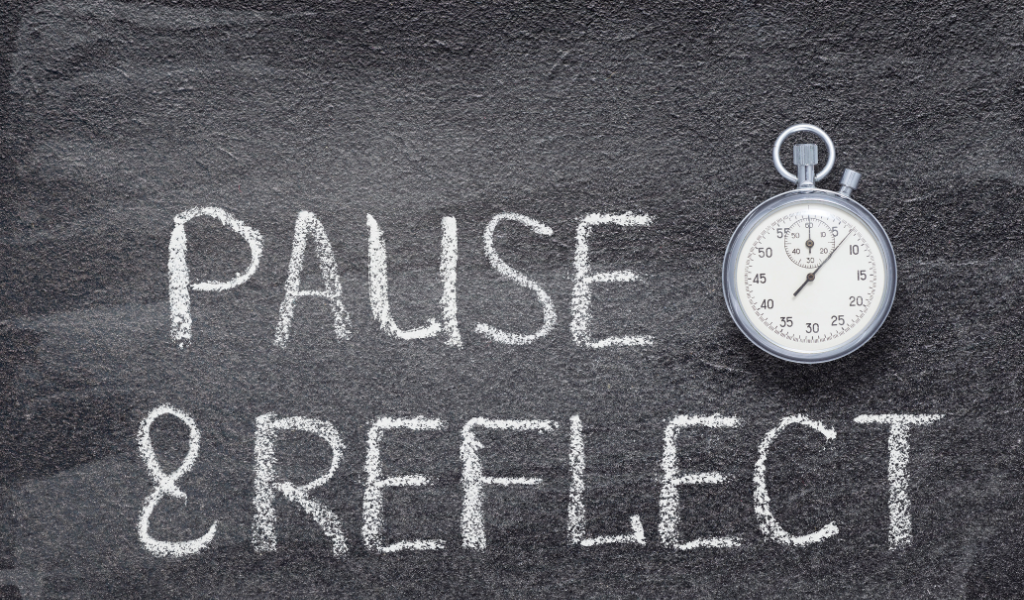
Let’s think about it in terms of going back to how we all begin to start learning. Although we are talking about ourselves as educators engaging in learning, let’s go back to early childhood.
Consider this; if we give children a piece of information, do we expect them to have learnt it? No. We give them the opportunity to play with this information – for instance, they replay what they have learnt through role play or small world play etc. So what are they achieving through this? They are…
And so on…
And ultimately, they are turning the new piece of information into learning.
So what children are essentially doing here is reflecting. And this is how we should also see our knowledge as adults. In order to REALLY understand and learn something new, in order to REALLY take in new information and knowledge, we need to essentially play around with this new information in our heads. Make sense of it. Make links to our existing knowledge and experiences, and then allow the new piece of information to shape our existing knowledge. That is what learning is – new knowledge changing/adding to our existing knowledge, and from this we form new knowledge and understanding, which is evolved, updated, built upon and expanded. As a lifelong learner, this is the thinking we need to adopt in order to continuously keep learning.
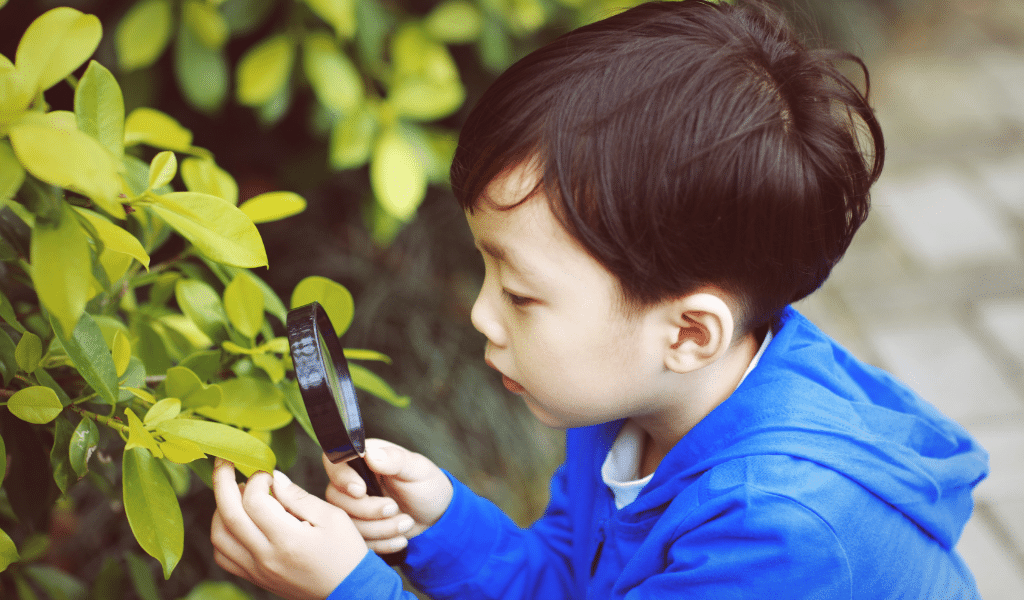
What are we reflecting on when it comes to children?
The list goes on.
A really useful way of looking at reflection in relation to supporting the child is through the lens of observation. In my view, the most valuable purpose of observations is to form understanding and create action.
When observing children we need to:
So, when thinking about how our reflection supports children, we need to adopt a reflective stance through observation and use reflection for creating action to support each child.
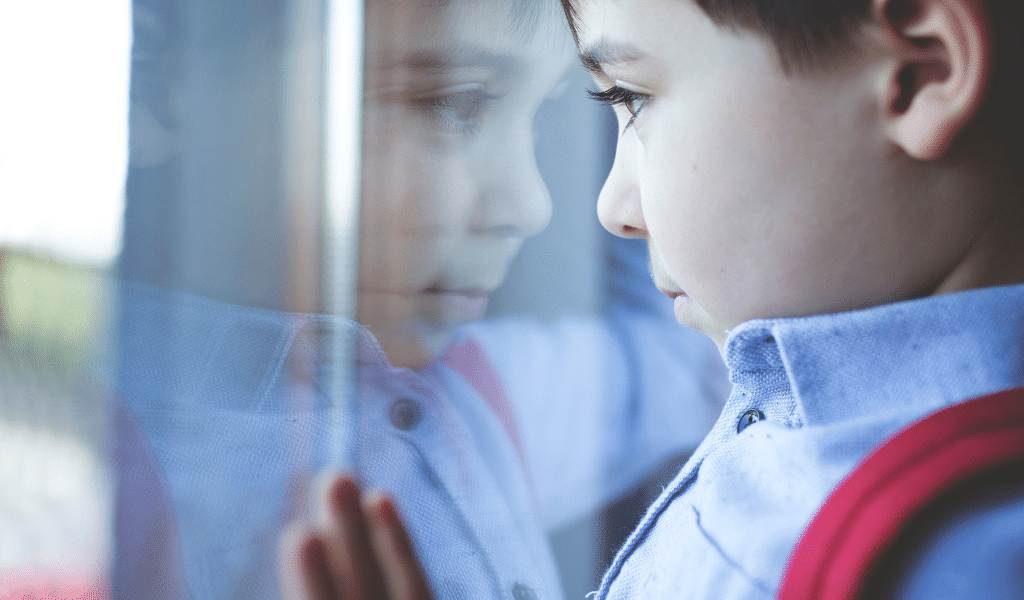
Reflection is a vital part of an educator’s role and their continued progression, both professionally AND personally.
We know that as educators we have very demanding roles. Roles which require us to put a smile on our face and a spring in our step no matter how we are feeling inside. This is why it is vital to be a reflective individual and reflect inwards.
We need to be reflective to support our own wellbeing. And we need to be reflective to ensure we support children in the best possible ways. The way we are, how we feel, how we act DOES affect children. No matter how much we try and hide it.
In order to be truly present and in a sustainable way, we need to look after our wellbeing.
So we need to reflect on how…
We need to reflect in order to IDENTIFY and UNDERSTAND…
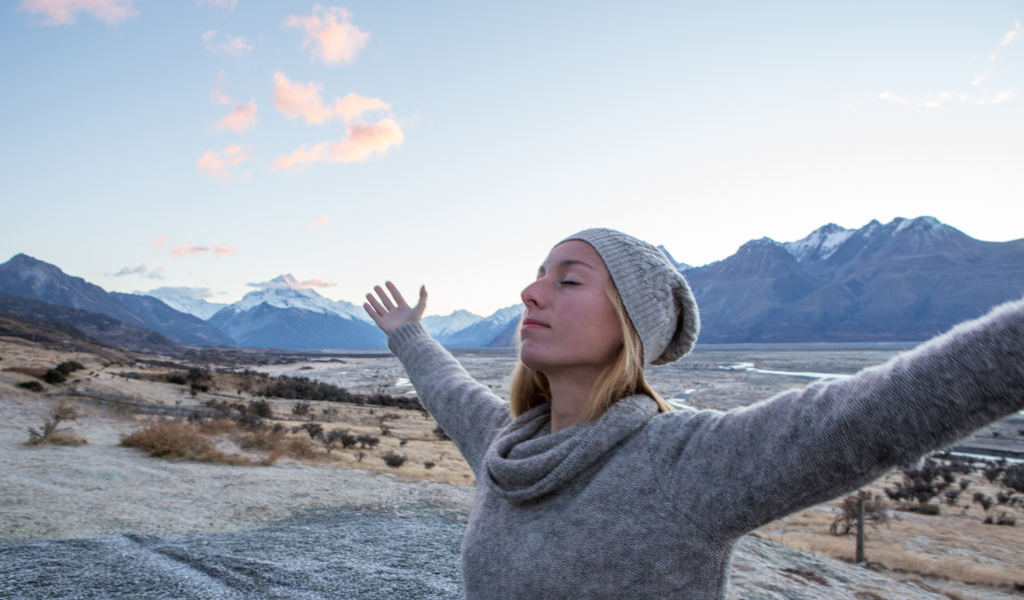
Remember…
Reflecting inwards allows us to identify emotions/difficulties, and action on reflection allows us to release the bottling.
Find out more
For more on reflective practice look out for new articles and podcast episodes on The Voice of Early Childhood, which is built on the ethos of reflection, including shared reflection through discussions on the podcast. Take a look here and be part of The Voice of Early Childhood community: www.thevoiceofearlychildhood.com
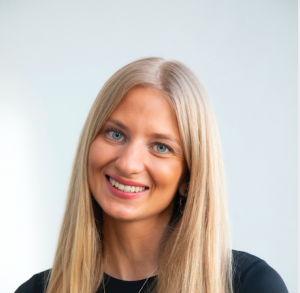
Angelica is an Early Childhood Advocate, Lecturer, Trainer and The Voice of Early Childhood (TVOEC) Founder.
Angelica’s career has consisted of working directly in early childhood practice over the course of ten years, working across various settings from private nurseries, primary schools, local authority childcare settings, childminding, outdoor learning provision and secondary schools.
Prior to Angelica’s current work, she was the Editor of the Early Years Educator Magazine, and Content Editor at TTS.
Angelica’s training and research interests include reflective practice, leadership, enhancing CPD and promoting educators’ and children’s voices. Angelica has an MA in Early Years Education from the Institute of Education, University College London (UCL), and a BA (Hons) in Psychology and Early Years from Nottingham Trent University.